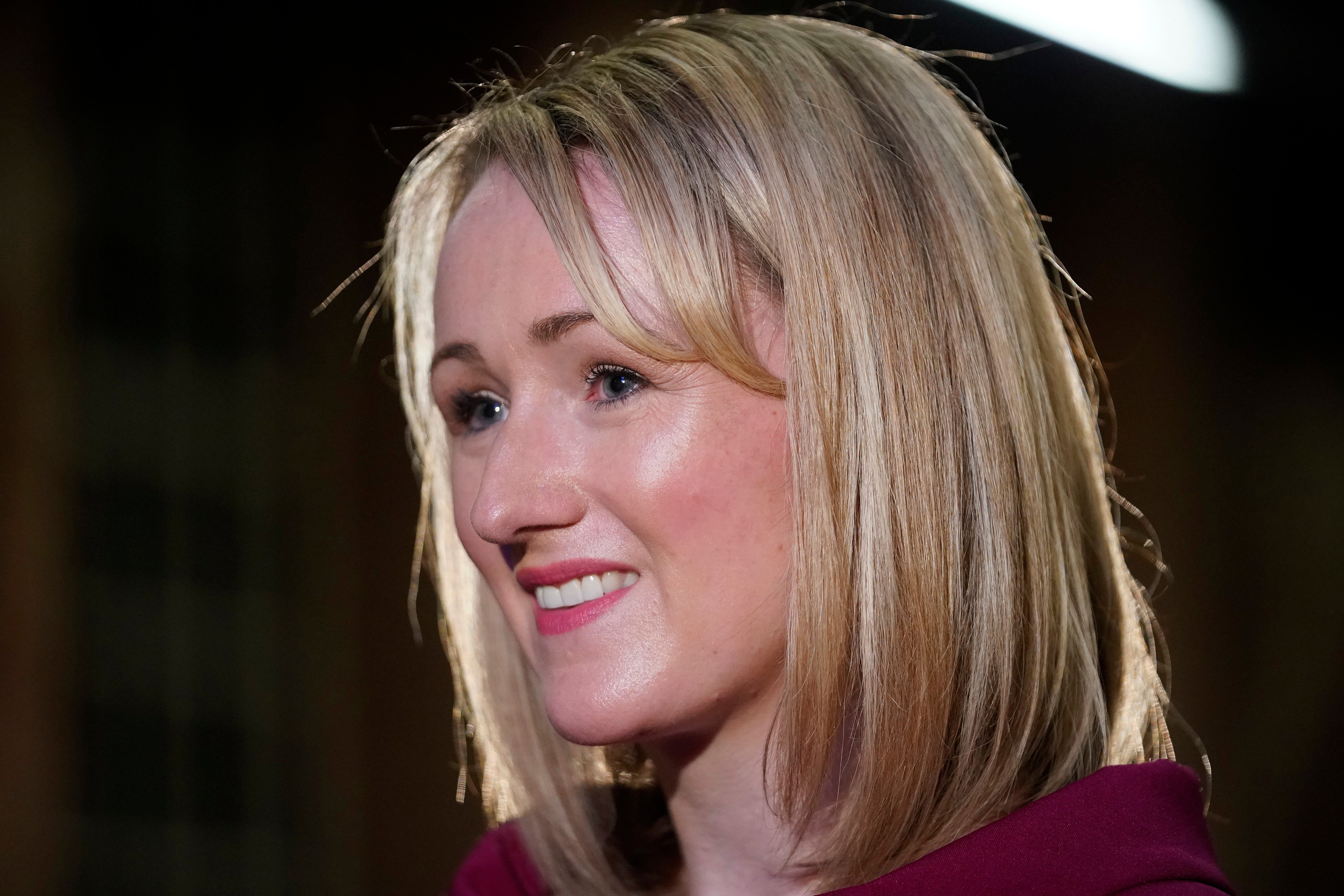Starmer under pressure from left for more radical Labour economic programme
Party leader warns that economic crisis means reforms will come slower than hoped

Keir Starmer is coming under growing pressure from the left of his party for a more radically redistributive economic programme in the light of mounting evidence of public fatigue with Conservative austerity.
The Labour leader today issued a warning that perilous economic conditions would constrain the party’s scope for action if it wins the next general election.
But former shadow cabinet member and standard-bearer of the left Rebecca Long-Bailey echoed the frustration of many on the left at what they view as an excessively cautious approach at a time when Labour is riding high with poll leads of more than 30 points over the Tories.
Writing in The Independent, she said that Labour must be ready to take advantage of a “watershed” moment in British politics by offering a “transformative socialist programme for government”.
Ms Long-Bailey, who fought Starmer for the leadership as the candidate of the left in 2020, said that the party should step up its offer to make it clear to voters that it would “make the wealthiest pay” for the UK’s current economic crisis.
She called for a commitment to a £15-an-hour living wage, a wealth tax and higher taxes on oil and gas giants to fund public services.
All go beyond current party policy and would position Labour much more firmly behind the significant redistribution of wealth.
But Sir Keir told BBC1’s Sunday with Laura Kuenssberg that a Labour government coming into power after the general election expected in 2024 would have to take the implementation of its plans slowly.
“There are going to be tough choices… that mean we can’t do some of the things that we want to do as an incoming Labour government as quickly as we would want to,” he said.
Resisting pressure from the left to increase borrowing to pay for services, Sir Keir insisted that Labour would be “the party of sound money” in power. He restated the fiscal rules set out by shadow chancellor Rachel Reeves, that a Labour government would not borrow for day-to-day spending and would get debt down as a percentage of GDP.
Under pressure from Ms Kuenssberg, he declined to commit to increasing NHS budgets in line with inflation.
Sir Keir has already promised a windfall tax on energy companies to pay for support with bills, as well as a “green prosperity plan” to create jobs in renewable power and an end to non-dom tax status and private equity fund loopholes.
But he refused to spell out further details of Labour’s economic offer at the election, arguing that it was too early to know the extent of the damage inflicted on the nation’s finances by Liz Truss’s ill-fated mini-Budget.
“I know that an incoming Labour government is going to inherit an economic mess from this government, economic damage,” he said.
“And therefore there are things that we would like to do as an incoming government – good Labour things, as I’ve described them – which we will not be able to do as quickly as we would want.”
By contrast, Ms Long-Bailey made it clear that she regards the current political moment as an opportunity for Labour to make swift and far-reaching change.
“The tide of overwhelming public opposition to Tory austerity can help Labour return to power,” she said.
“Funding public services through higher taxes on oil and gas profits, introducing a wealth tax, as well as a £15-per-hour living wage to tackle in-work poverty, uprating pensions and benefits in line with inflation, would be an election winning platform for Labour.
“To solve the crisis caused by the Tories, Britain needs a long-term plan to grow and rebalance the economy by investing in quality well-paid jobs, infrastructure and public services through a Green New Deal.
“The forthcoming general election looks set to be a watershed one, in which voters decisively reject Toryism and turn their backs on more than a decade of austerity.
“Not accepting a penny of Tory cuts to public services and making the wealthiest pay for this crisis – as part of a transformative socialist programme for government – can help deliver that Labour victory.”







Join our commenting forum
Join thought-provoking conversations, follow other Independent readers and see their replies
Comments